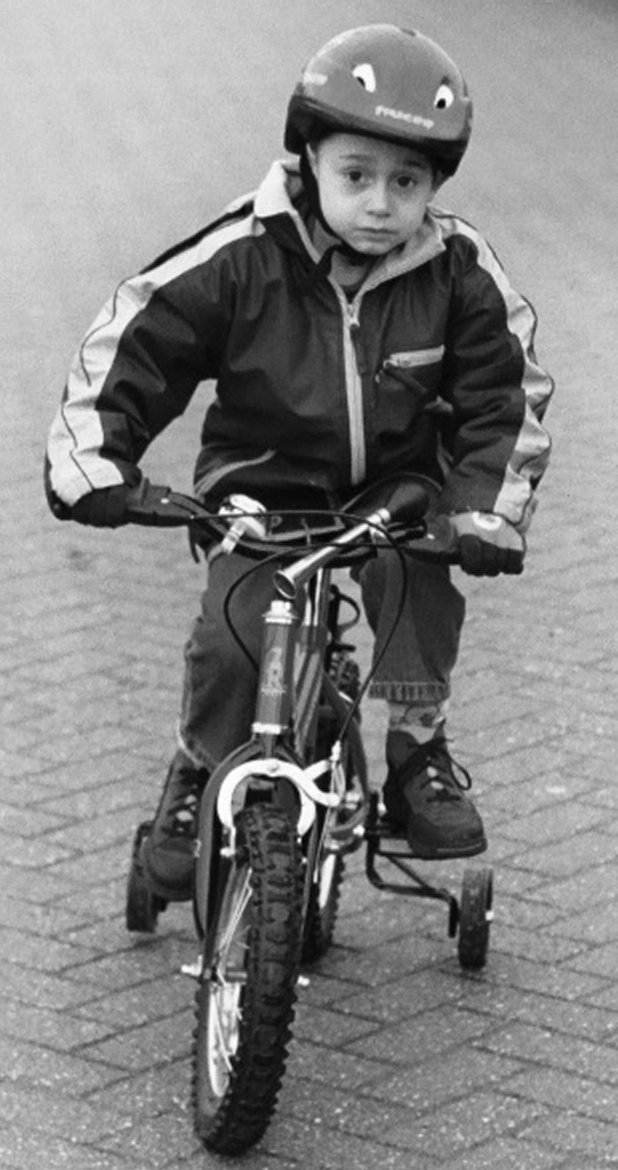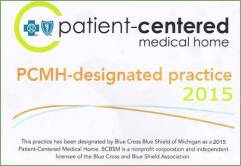Now that we have had a break in the weather, kids are playing sports outside nearly every day. Bike riding, rollerblading, skateboarding, or hover-boarding are all activities that keep kids or teens active. If you have ever tried to get your child to wear a helmet, you have probably heard all of the excuses in the book. “I know what I’m doing!”, “It looks stupid!”, “Helmets are for babies.” Whatever excuse your kid has given you, it is crucial to teach them the importance of wearing a helmet.
Avoiding Head Injuries
Head injuries are not anything to play with. What seems like a small bump could actually be more serious than you may think. Wearing a helmet can reduce the risk of simple head injuries, such as scrapes or bruises. Helmets can also help eliminate the major injuries, such as goose eggs, concussions, cracked skulls, or major cuts or scrapes.
It is important to take the steps necessary to avoid head injuries in young children or teens. Especially since their brain function is still developing. More often than not, head injuries go underestimated, and what you think may just be a goose egg can end up being a concussion or even worse bleeding on the brain. Concussions are the most common result of children bumping their head, yet many parents are unaware of the symptoms. Properly wearing a helmet or protective headgear can drastically reduce your child’s risk of getting a concussion.
“I think my child has a concussion! What do I do?”
First off, what is a concussion? A concussion is an injury to the brain, that causes changes in the function of the brain, often temporary. There are things to look for if you think that your child has a concussion.
- Loss of consciousness
- a very painful headache
- confusion or slurred speech
- trouble or the inability to wake your child
- fuzzy vision
If you think that your child has obtained a concussion as a result of not wearing a helmet, it is important to seek medical attention. After bumping their head, it is important to pay close attention to your child. DO NOT let your child fall asleep. It is important to keep your child awake and monitor their behavior for 24-72 hours. Concussions often to do immediately show signs, during this time frame, is typically when signs or symptoms progress or develop. It is okay to let your child rest, just be sure to wake them and check on them frequently.
For more information, or if you believe your child has suffered a concussion contact Westland Clinic immediately.





